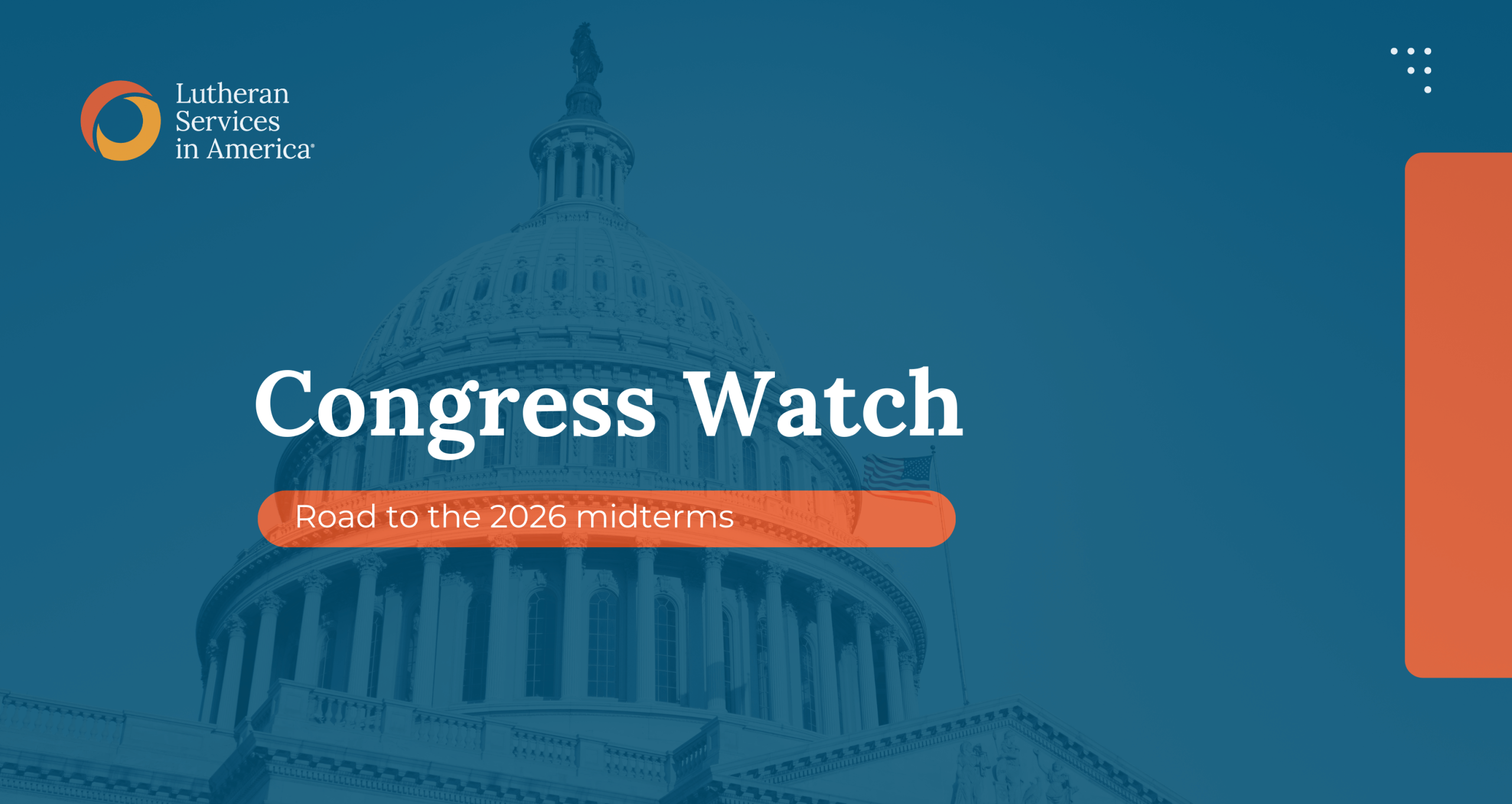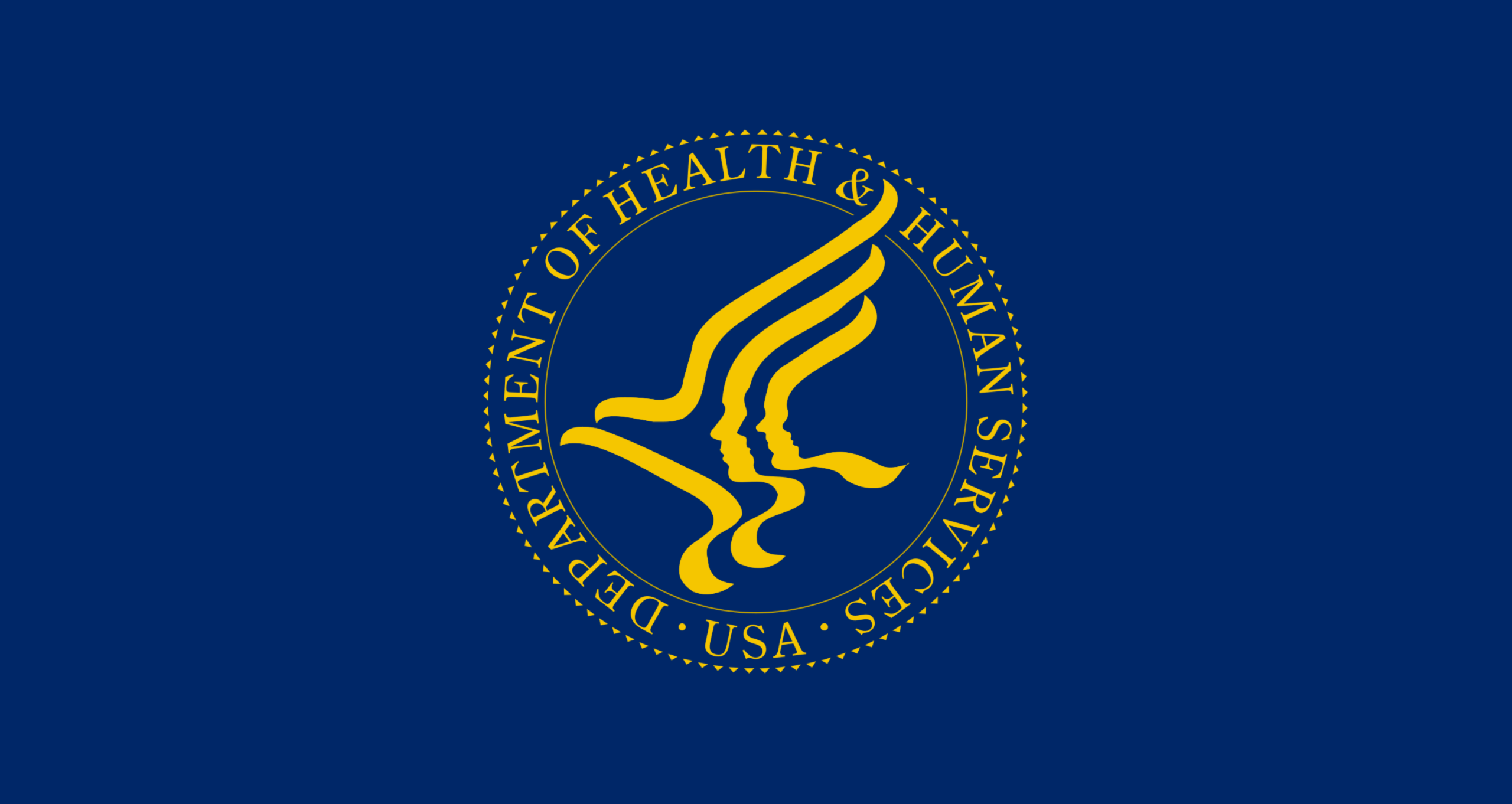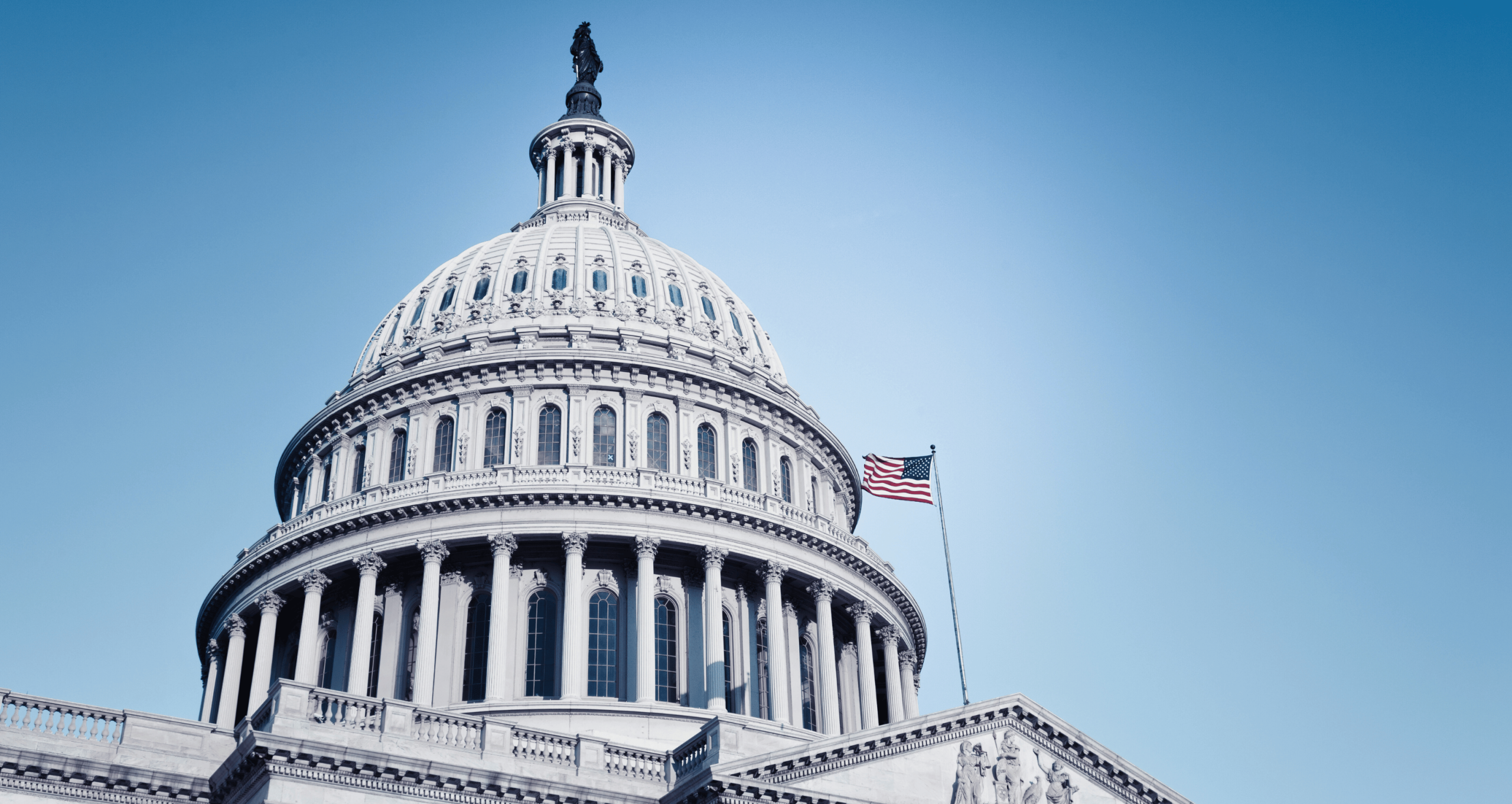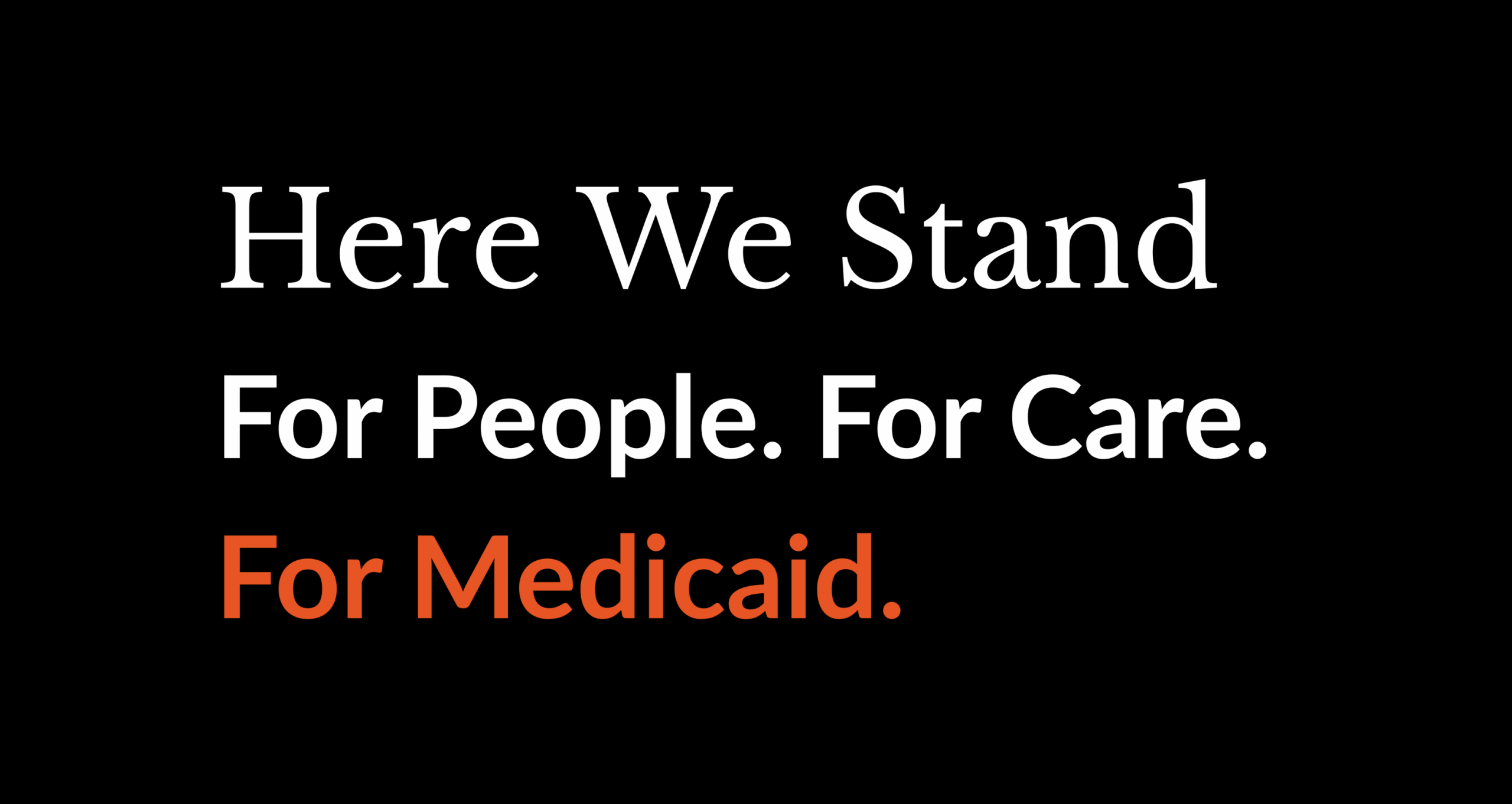In April, the Centers for Medicare and Medicaid Services (CMS) issued the minimum staffing mandate for skilled nursing facilities. Our press release in response to the final rule outlined our concerns and recommended solutions. As your national advocacy presence in Washington, D.C., we continue to work with and for you in response to this rule.
Our strategy is clear:
- Our faith-based, community-centered, trusted, non-profit providers consistently deliver high quality care as measured by star ratings and clinical outcomes.
- The final rule ignores our high-quality standards amidst the dual challenges of chronic Medicaid underfunding and rising labor costs.
- The rule impedes access to quality care and choice for older adults and other Medicaid recipients as facilities are forced to close.
- It is imperative to advance solutions to expand access to care and strengthen the workforce.
Read What Has Been Done to Date
So, what’s next? Our commitment is to strenuously pursue all financial and programmatic remedies to alleviate the burdens associated with the implementation of this final rule.
We will continue to work with staff at CMS to monitor and inform guidance to states as this rule is implemented to ensure our network providers can inform and understand the process for exemptions and delays that are part of the final rule.
We are monitoring continuing congressional action aimed at stopping the implementation of the rule using the Congressional Review Act (CRA). This process allows Congress to pass legislation disapproving of federal agency rules and immediately prohibiting their implementation. Lawmakers from the House and Senate including Sen. Jon Tester (D-MT), Sen. Joe Manchin (I-WV), Sen. Angus King (I-ME), Sen. Jeanne Shaheen (D-NH), Sen. Maggie Hassan (D-NH), Sen. Kyrsten Sinema (I-AZ), Sen. James Lankford (R-OK), and Rep. Cathy McMorris Rodgers (R-WA) are currently working to secure passage of CRA legislation to halt the minimum staffing rule. While only a simple majority is needed to initially pass the legislation, a two-thirds majority of each chamber would be required to override an expected Presidential veto.
We are continuing our active engagement with the Administration to hold them accountable for their expressed commitment to provide additional support for providers related to workforce recruitment, retention, and training: the final rule set aside $75 million for these purposes. For example, we in order to connect our members to these resources.
We are also exploring how best to support the lawsuit that the American Health Care Association (AHCA) recently filed against CMS. The lawsuit asks the court to set aside the new staffing rule, which may delay or even stop implementation.
To ensure adequate reimbursement for critical staff, we are building an approach with CMS to develop a national Medicaid reimbursement strategy that would include specific recommendations/guidance to states in setting their Medicaid rates to ensure providers can pay livable wages. Our overarching aim is to pursue increases in Medicaid reimbursement sufficient to cover the actual cost of providing skilled nursing care and paying a livable wage.
We are also working to strengthen a broader workforce advocacy strategy, including active legislation, to pursue Congressional support across the workforce continuum, with a focus on recruitment, retention, strengthening the workforce pipeline, and training.
- Related to older adults, we will advocate for greater flexibility for SNFs to provide onsite training for new hires and existing employees, especially CNAs, including addressing CNA training capabilities for SNFs who have received survey penalties
- Loan forgiveness, tax credits, and other incentives, building on existing channels to address these issues beyond doctors and registered nurses
- Updates to immigration and refugee policies that would increase availability of workforce with a focus on supporting a waiver process to ensure people trained abroad can practice to the full scope of their licenses.
- Easing the pathway for people entering the country to secure work visas.
- Allowing the granting of special visas to fill CNA vacancies.
- Ensuring previously authorized green cards can be used the strengthen the pipeline of healthcare workers.
We are committed to continuing to work in partnership with organizations like the American Health Care Association (AHCA,) LeadingAge, and others, to elevate the very real impacts the minimum staffing rule has on providers and communities across the country.
What can you do now?
If you haven’t already, please reach out to your state Medicaid leaders to share your concerns as this rule is being implemented. This is a good time to raise your voice as CMS is drafting guidance to states to implement the rule.
Please share your own stories of the impact of the workforce shortage on access to care in your communities, as well as coverage from your local news outlets so we can stay up to date on the way the story is being told across the country, with us by contacting Sarah Dobson.
Alesia Frerichs is the President & CEO of Lutheran Services in America.









